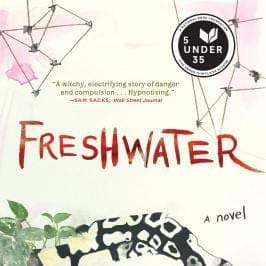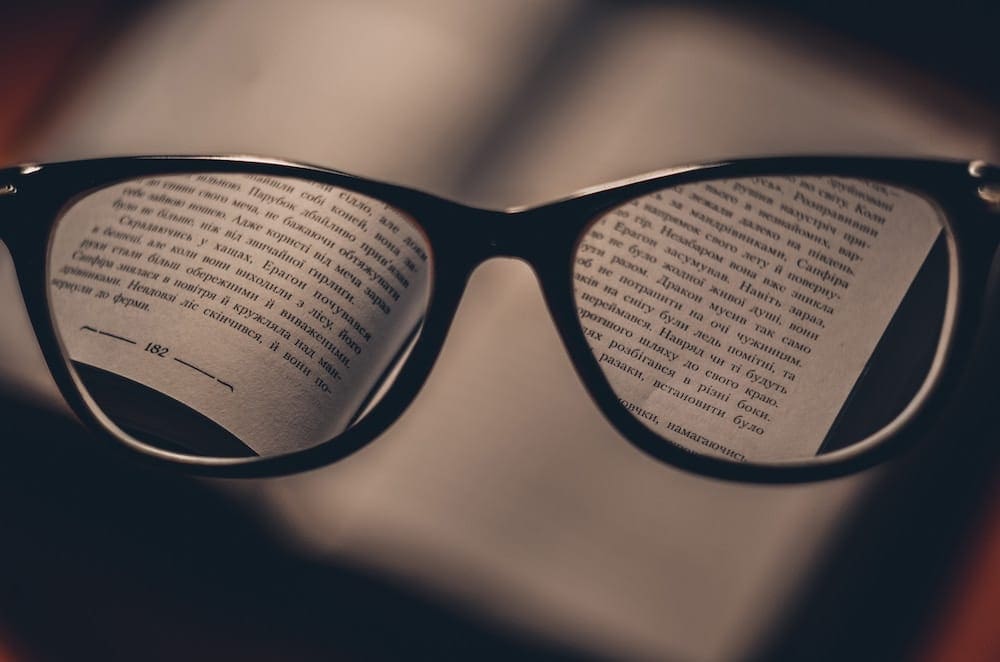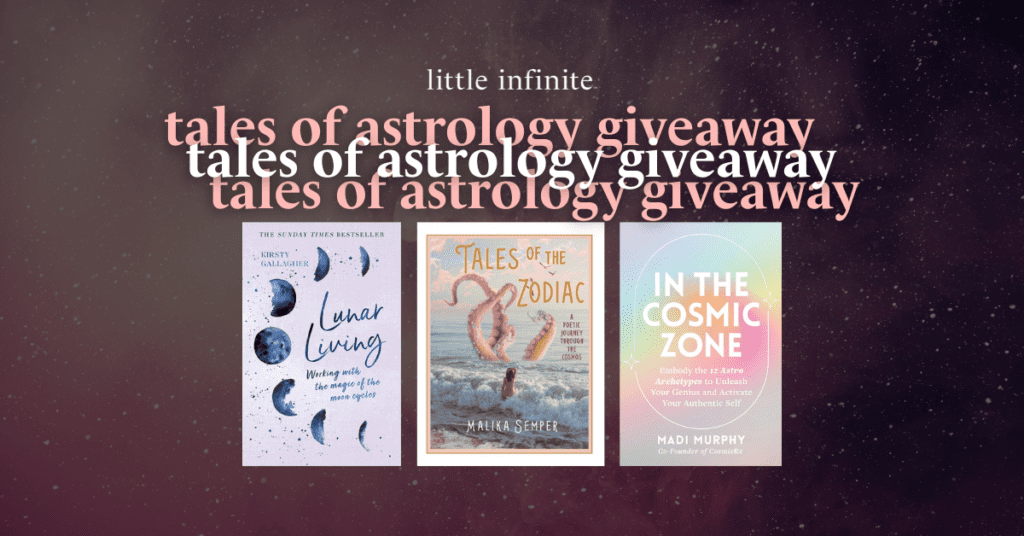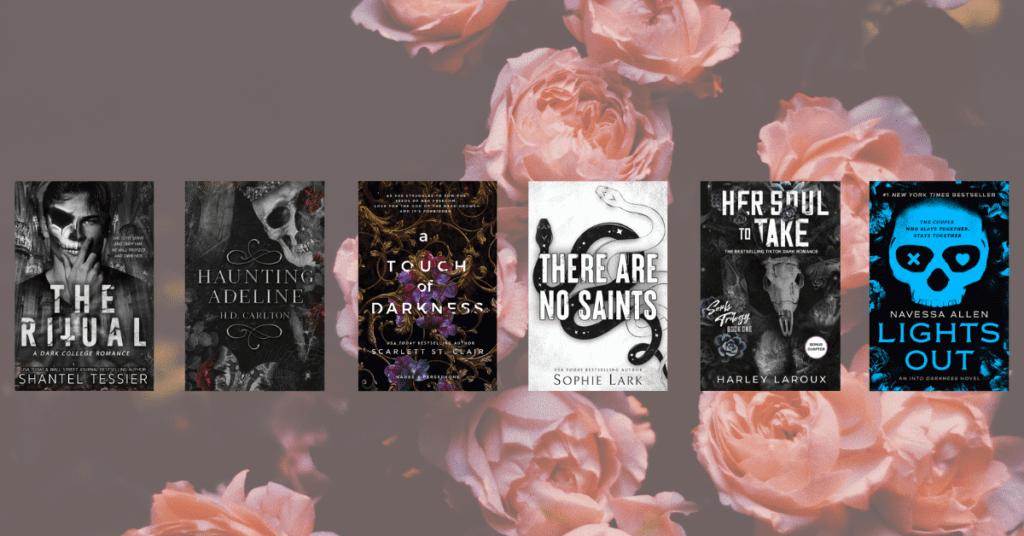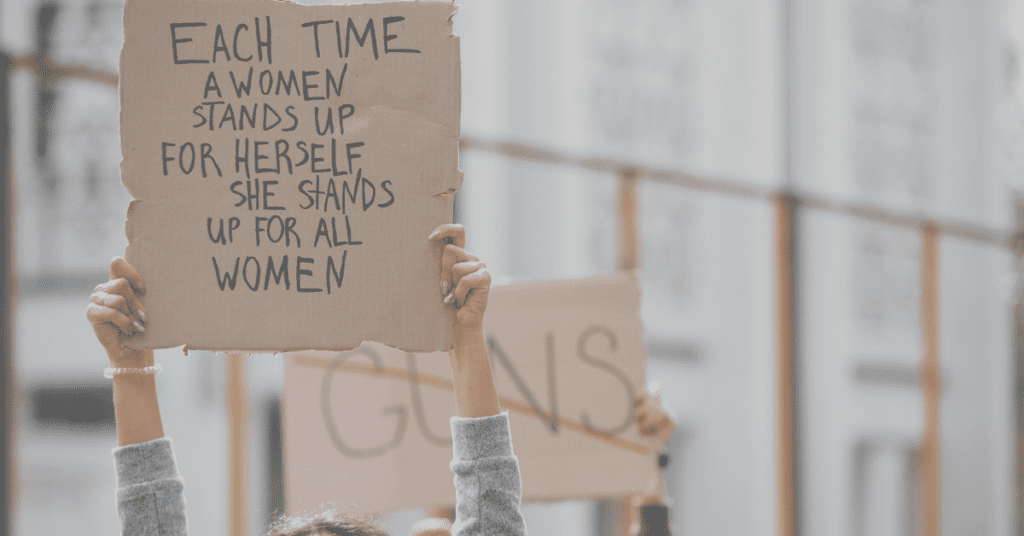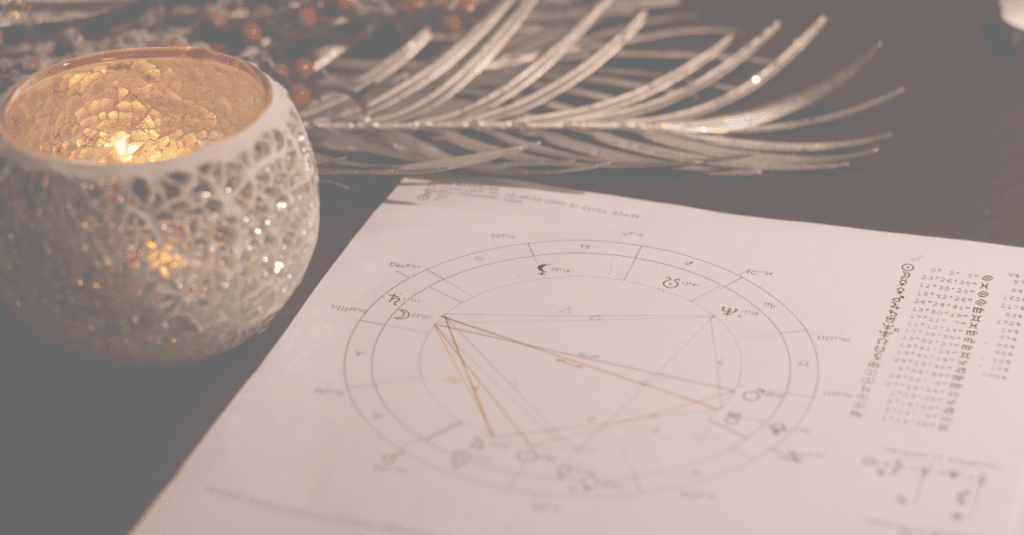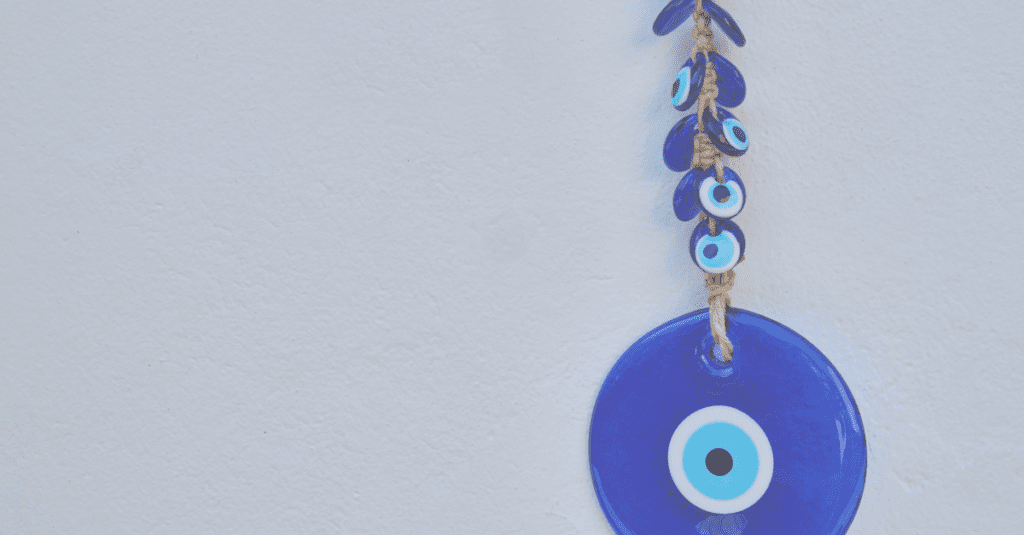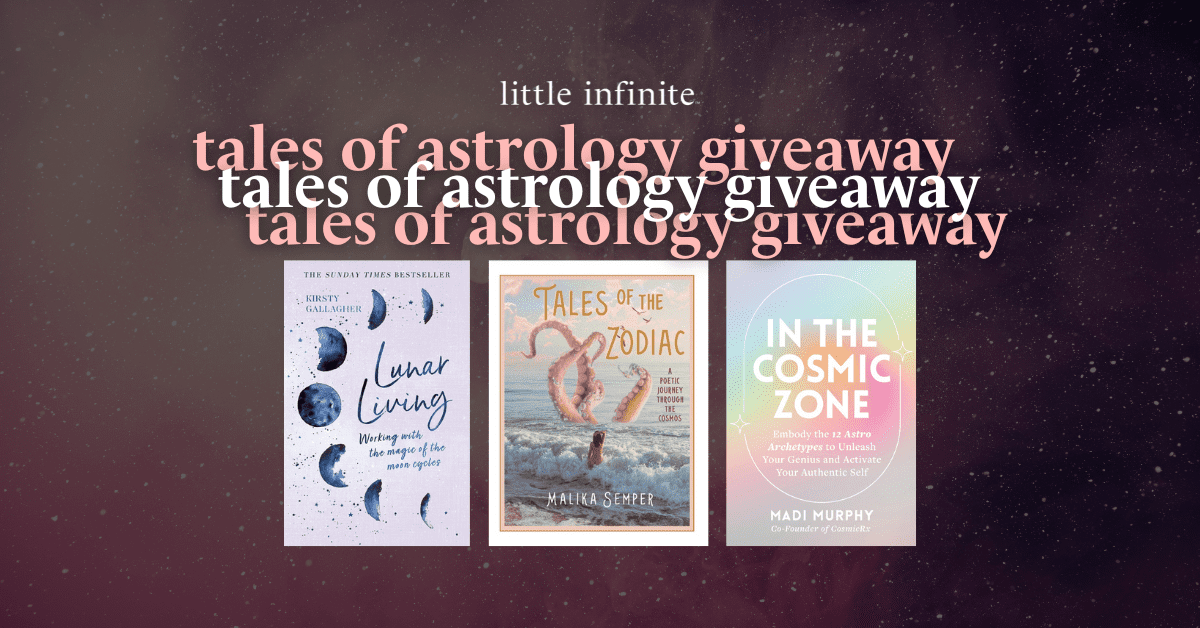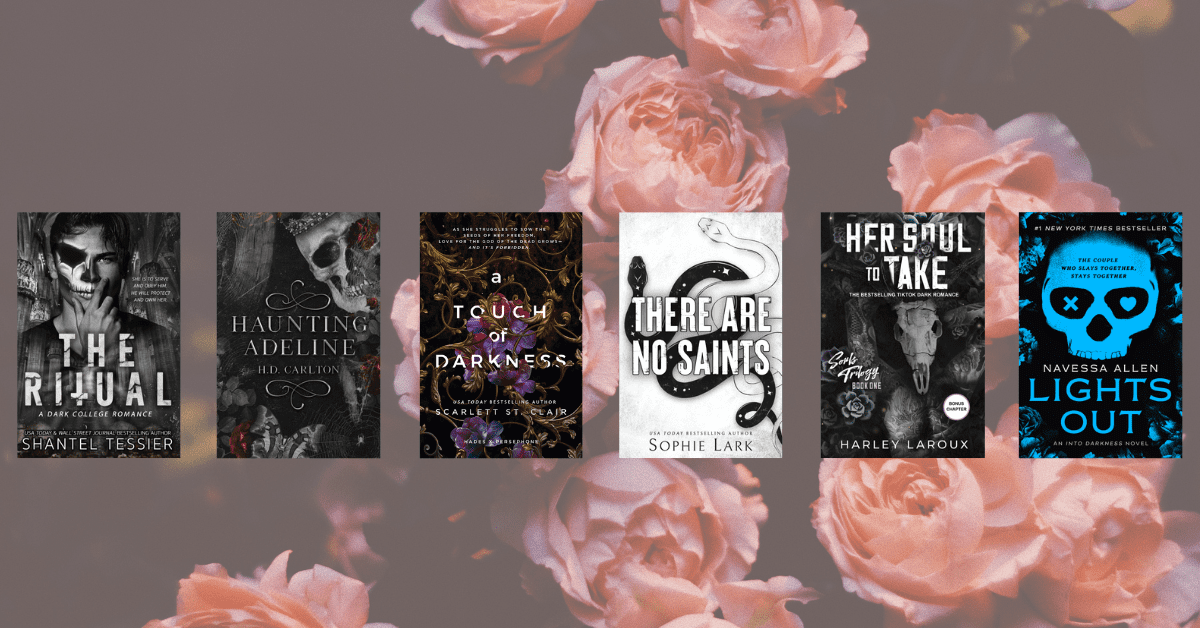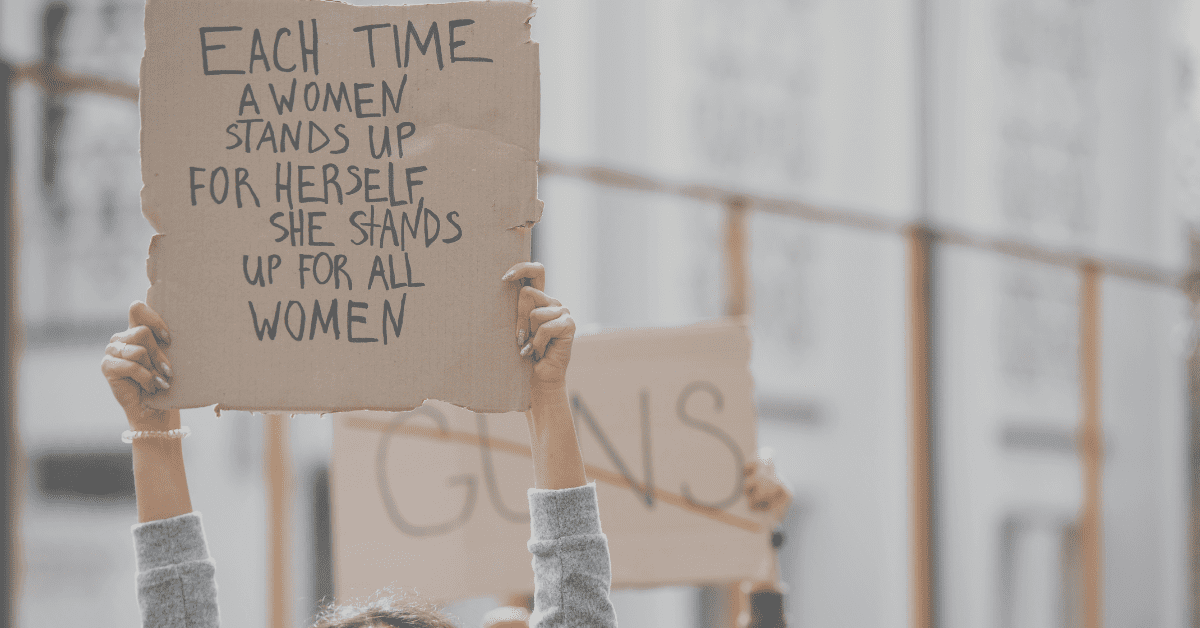little infinite Discoveries is our weekly round-up of all things bookish, pop culture, inspirational, or poetic.
Women’s Prize for Fiction Makes History for Representation in Long List via Poets & Writers
For the first time in the 27-year history of the Women’s Prize for Fiction, a non-binary trans author has made the nominee long list– with a debut novel, no less. Akwaeke Emezi’s Freshwater was lauded for its use of voice and for the evolution of the main protagonist. In their review of the title, The Guardian lauded it as a “remarkable debut.”
If you’re sharpening your pitchfork or lighting your torch about representation being taken into consideration for a competition based on merit, you can calm down. Professor Kate Williams– chair of the judges– made it know that the judging jury wasn’t aware of Emezi’s status (or any of the other nominees’, for that matter).
In an interview with The Guardian, Williams made it known that it was the merit of the work that sets Freshwater apart. Williams is quoted saying, “It is a historic moment. We’re very careful not to Google the authors while judging, so we did not know. But the book found great favour among us, it is wonderful. They are an incredibly talented author and we’re keen to celebrate them.”
We could not agree more.
Who Run the (Poetry) World? WOMEN. via The Guardian
You can file this under Things We Already Suspected, but data is always nice. The Guardian reported on a study by Nielsen BookScan, breaking it down in simple terms:
“Young women aged 13 to 24 are now the biggest consumers of poetry in the UK in a market that has grown by 48% over the past five years.”
–Keats is Dead via The Guardian
We’re voting with our dollars, too. Young women are outpacing young men in the acquisition of poetry titles almost two-to-one. Though poets on Instagram are still fighting to be given legitimacy and validation from their older, literary counterparts, there’s a new generation of successful female poets that cannot be ignored. Voices like Rupi Kaur, Nikita Gill, Amanda Lovelace, and more are carving out space for women to plant their quills and own their new territory.
The Best Letter To My Younger Self We’ve Seen in a Long Time via Refinery 29
It’s been a trend to write letters to our younger selves. We don’t judge, we’ve all been tempted to impart the wisdom of hard-learned lessons on younger generations– either as good examples or as cautionary tales.
Former Editor of Vogue Paris Joan Juliet Buck penned a missive to herself that we can all take to heart.
Stop asking for permission from others; they won’t necessarily care what you do, or they’ll have an agenda for making you choose one thing over another. They won’t thank you for following their advice, and you’ll end up doing things you never wanted to do. Pull back into your own agenda. Figure it out.
–Joan Juliet Buck via Refinery 29
Will Gen Z Love Books as Much as We Do? via BookRiot
Our young book-loving brethren are notoriously digitally savvy. BookRiot posits, however, that they love a good print book as much as their Millennial and Gen-X readers before them. The Gen-Z research, which largely focuses on the fact that this generation is larger than both the Millennial and the Gen-X generations and has never known a low-tech world, is compelling.
Living Your Best Life, or Best Lie? via My Modern Met
Look, we love a good filter as much as the next lady. We are struggling not to let our Selfitis overcome our good sense. But reflected on the faces of a younger generation, themes that we see permeate our poetry arise: What defines beauty? How do you love yourself in a world that compels you to conform? Where do we draw the line between fact and fiction in our curated digital lives? What does it take to love yourself?
British photographer Rankin explored all these questions in his photography series, Selfie Harm. He explained to My Modern Met:
“My intention was to show what ANY young kid can do with an app that can be downloaded by a 13-year-old on any smartphone.”
-Rankin via My Modern Met
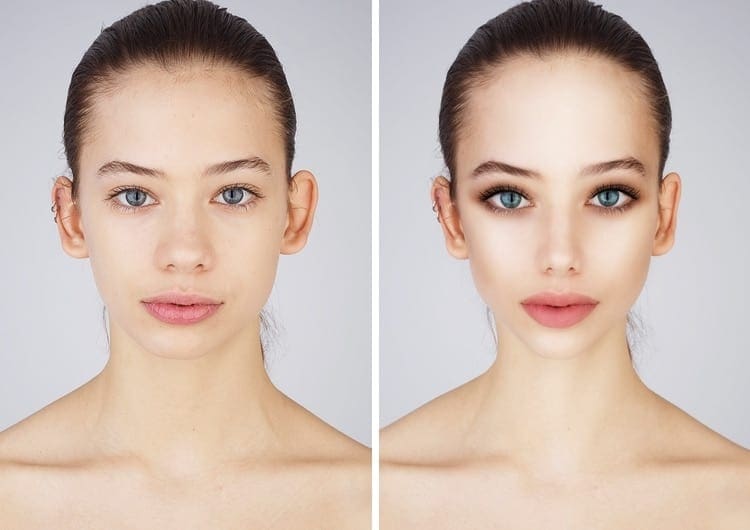
Rankin specifically asked the participants to edit their images to get more likes on Instagram, and the results are eye-opening
Photo by Priscilla Du Preez on Unsplash
Shop This Article:

